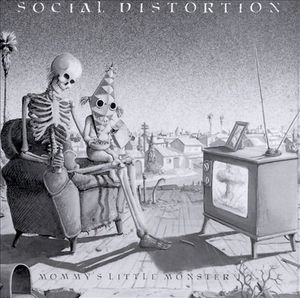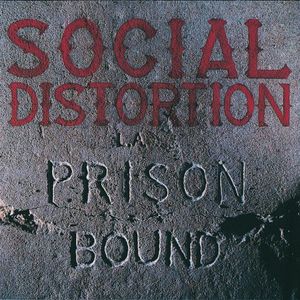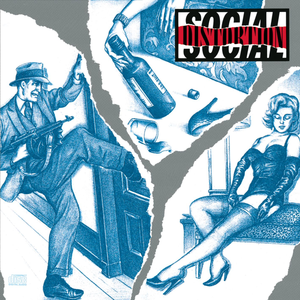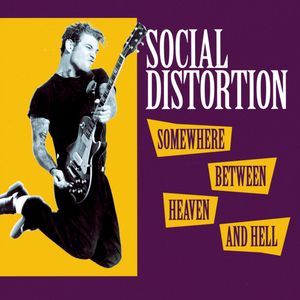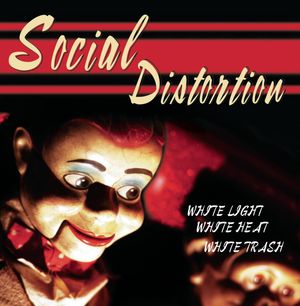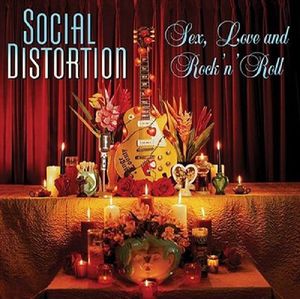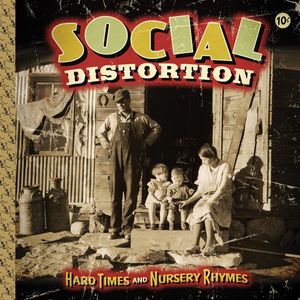
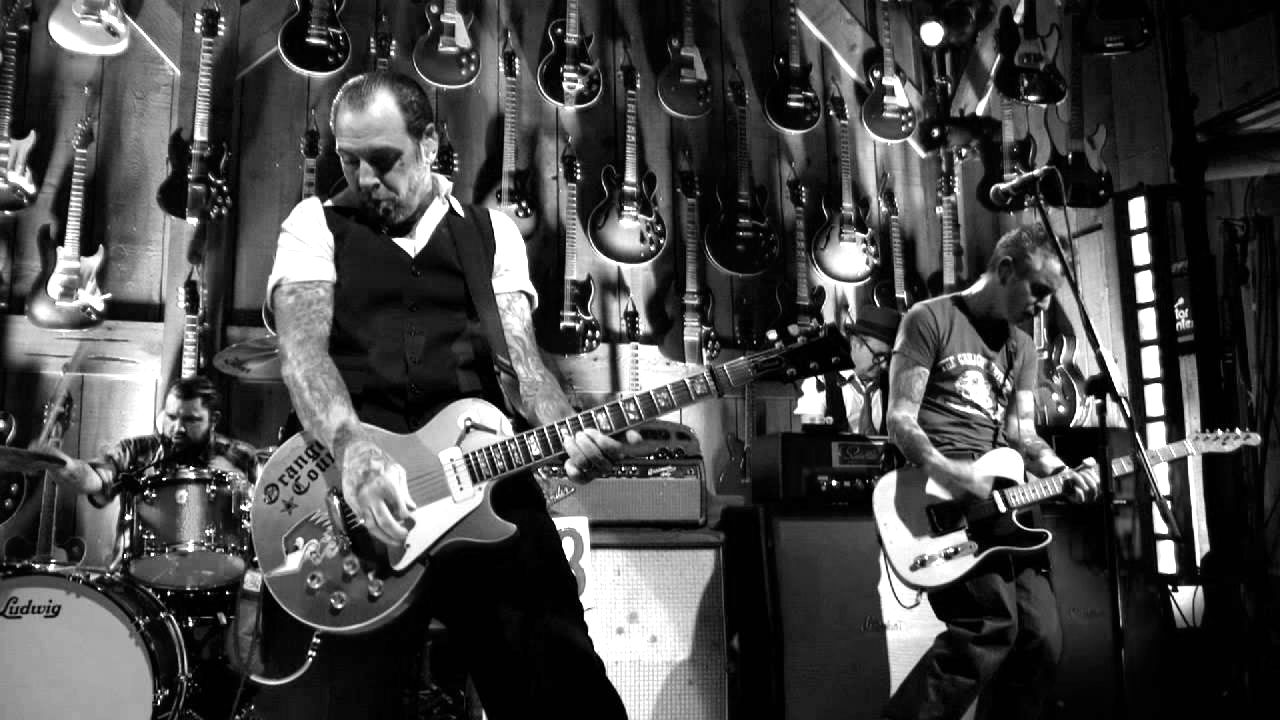
Social Distortion
Follow Your Favorite Band Today!
Top Social Distortion Community Posts
Story of Social Distortion
Social Distortion, the iconic Fullerton, California punk rock band, exploded onto the scene in 1978. Originally forged in the crucible of Orange County`s hardcore scene alongside acts like Agent Orange and The Adolescents, their journey has been anything but straightforward. The band, fronted by Mike Ness (vocals, guitar), has seen numerous lineup changes over the decades, with Ness the sole constant member. Past key members include guitarists Jonny Wickersham and the legendary Dennis Danell, bassists Brent Harding and John Maurer, and drummers David Hidalgo Jr., Christopher Reece, and Charlie Quintana.
A mid-1980s hiatus, fueled by Ness`s struggles with drug addiction and legal troubles, including extended stays in rehab, threatened to derail the band. However, their return saw a stylistic evolution, incorporating country, blues, and early rock and roll influences into their punk foundation. This blend became their signature sound.
Over their nearly 50-year career, Social Distortion have built a formidable discography: seven studio albums, two compilations, a live album, and two DVDs. Their early work, including Mommy`s Little Monster (1983) and Prison Bound (1988), laid the groundwork for their signing with Epic Records in 1989, a deal that yielded three more influential albums. Despite the challenges, Social Distortion continues to tour and record, cementing their legacy as punk rock pioneers and enduring legends.
Frequently Asked Questions
Bands you may like
More Punk Rock Bands
Discover more bands in the Punk Rock genre and explore the diverse sounds that define this musical style.
Browse All Punk Rock BandsMore Bands from United States
Discover the rich musical heritage of United States and explore bands that represent the country's unique sound and culture.
Browse All United States Bands
